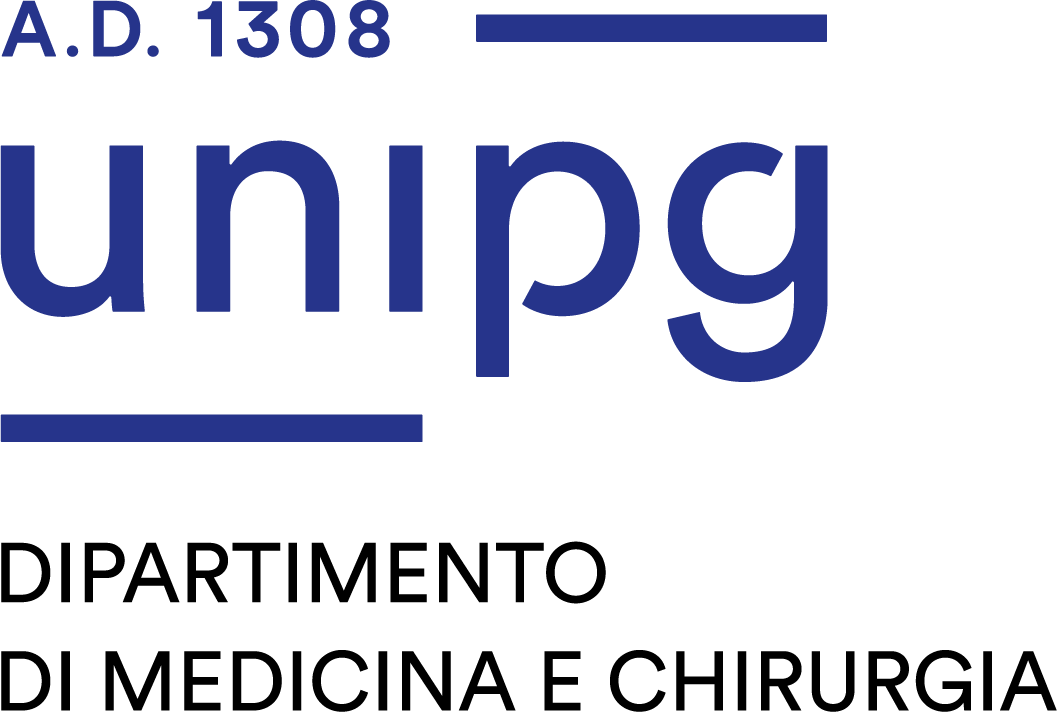General Training Program
The course is divided into five curricula and a progression of theoretical and practical learning is distributed over the three years of the course, which also includes a staying abroad.
The first year is dedicated to theoretical knowledge and basic experimental laboratory / surgical techniques, through a program of lectures, seminars, journal clubs, and attendance at the laboratories and surgical theater under tutoring. Lectures include formal teachings, seminar cycles, webinars, journal clubs.
- Pathology and Clinical Studies of Atherosclerosis and Aging: pathophysiological basis of lipid and glycidic metabolism. Identification and use of laboratory markers.
- Neurosciences: introduction to the pathogenetic models of neurodegenerative diseases. Approaches to laboratory experimentation in biomarker evaluations.
- Surgical Sciences: principles of surgery in oncology and hematology. Applications in the diagnostic and therapeutic field.
- Biotechnologies Bone Marrow Transplantation: training on genome methodologies: conventional cytogenetics - FISH - Next Generation Sequencing - use and interpretations. Target terapy: current principles and application.
- Radiotherapy in Oncology: principles of radiobiology; integration between systemic therapies and radiotherapy in onco-hematology; radiotherapy equipment and techniques
Common fields: enhancement and management of research. English and scientific writing. Computer technology. Bioinformatics. Laboratory approaches for molecular medicine. Animal models. Emerging infections: Coronavirus - clinical impact and experimental models.
The second year is aimed at the development of research projects through an intense research and laboratory activity by a continuous updating of the topics of interest through the study of literature, participation in congresses and participation in teaching and training of students.
- Pathology and Clinical Studies of Atherosclerosis and Aging: hepatic steatosis, classification, etiopathogenesis and animal models. Inflammation, inflammasome and immunity.
- Neurosciences: diagnostic framework of neurodegenerative diseases. Pre-clinical and animal models for the study of headache and epilepsy.
- Surgical Sciences: thoracic surgery in solid tumors, surgery in malignant haemopathies. Invasive methods for diagnosis in oncology.
- Biotechnologies Bone Marrow Transplantation: hematopoietic stem cells: identification, separation, enrichment. CAR-T cells: principles, production and technologies of genetic engineering.
- Radiotherapy in Oncology: stereotaxic radiotherapy; radiotherapy in conditioning for hematopoietic stem cell transplantation (Total Body Irradiation and Total Marrow / Lymphoid Irradiation); radiotherapy as a bridge treatment in patients who will receive CAR T therapy
The third year includes the preparation of the final experimental thesis, in addition to research and continuous updating related to the individual research project of each student,
- Pathology and Clinical Studies of Atherosclerosis and Aging: Innate immunity and tolerance. Immuno-modulatory mechanisms of IDO. The role in obesity, sepsis and inflammatory processes.
- Neurosciences: biomarkers of neurodegenerative diseases. Cerebrospinal fluid biomarkers. Introduction of new laboratory methods.
- Surgical Sciences: surgical techniques and biomarkers in oncology.
- Biotechnologies Bone Marrow Transplantation: mono-clonal antibodies; production methods and application tests. Extensive use of mono-clonal antibodies: from diagnosis to therapy.
- Radiotherapy in Oncology: clinical, dosimetric and biomolecular parameters predicting outcome in patients treated with Total Marrow / Lymphoid Irradiation; quantitative analysis of data extracted from diagnostic imaging methods for the development of predictive outcome models in patients undergoing radiation treatment; translational research on the role of the microbiota in radiotherapy.


